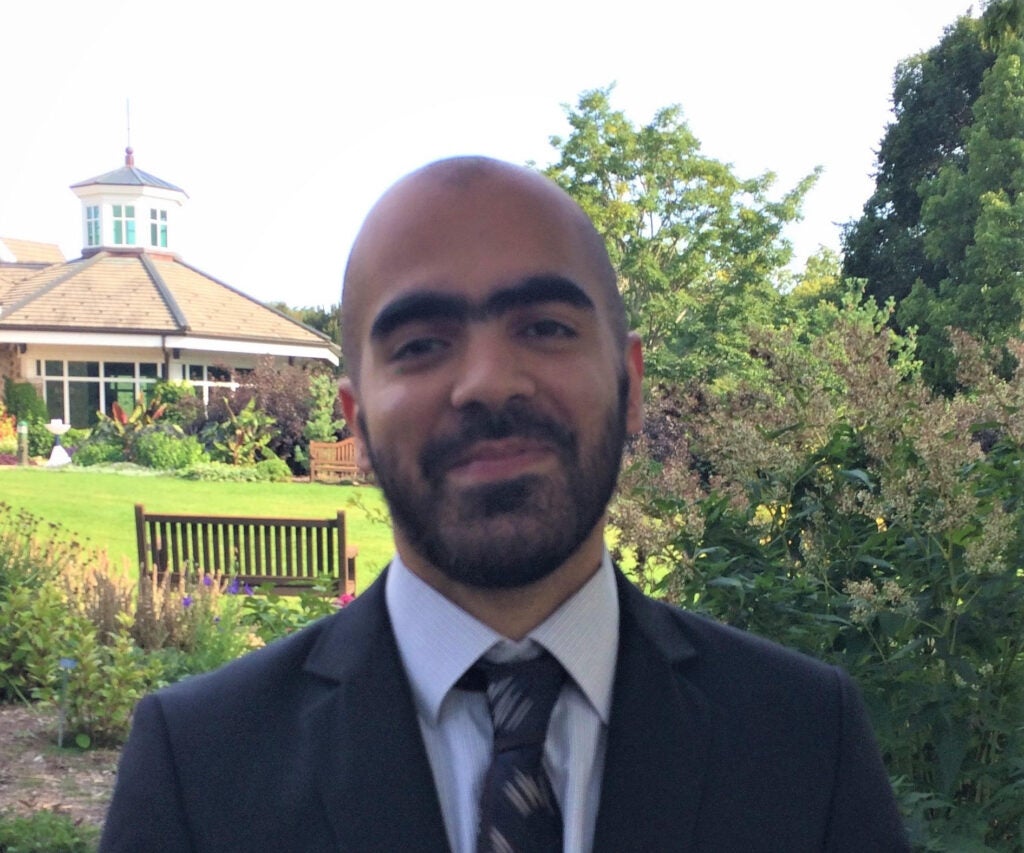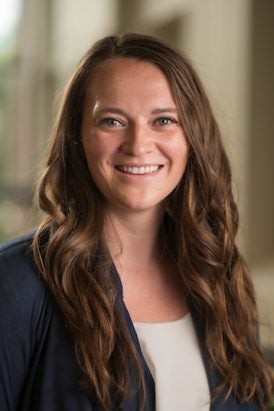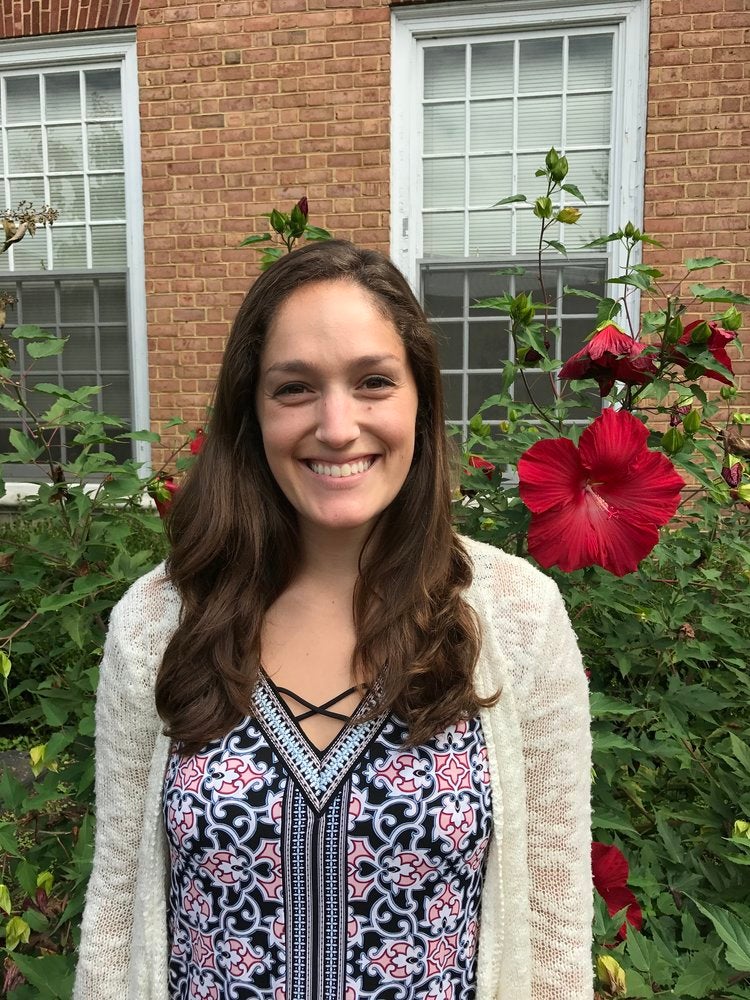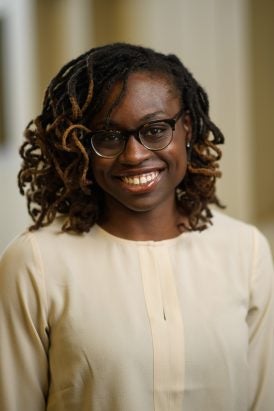Postdoctoral Fellows

Dr. Scott Tillem | tillems@umich.edu
Dr. Scott Tillem is a postdoctoral research fellow in the Michigan Neurogenetics and Developmental Psychopathology Lab at the University of Michigan, Ann Arbor. He earned his Ph.D. in Psychology from Yale University in 2020. While at Yale University, his dissertation research explored how abnormalities in the allocation of selective attention may represent a neurocognitive mechanism underlying the psychopathy phenotype. His research takes an interdisciplinary approach by examining the neurobiological, cognitive, and developmental processes which contribute to antisocial behavior across externalizing psychopathologies. At the Michigan Neurogenetics and Developmental Psychopathology Lab, Dr. Tillem is using large, representative longitudinal datasets to further our understanding of the neurobiological factors which contribute to, or protect against, the development of psychopathologies, in general, and antisocial behavior, in particular.

Dr. Omid Kardan | omidk@med.umich.edu
Omid Kardan is a Postdoctoral Research Fellow at the Department of Psychiatry and co-mentored by Dr. Luke Hyde at the MiND lab in the Department of Psychology. He earned his PhD in Psychology – Integrative Neuroscience from the University of Chicago in 2019. His research focuses on the relation between physical environmental factors, functional brain architecture, and cognitive and psychiatric outcomes. He is interested in modeling these relations across lifespan, especially during childhood and adolescence, to inform environmental design, intervention, and equity. Omid’s publications are listed here.
Graduate Students

Heidi Westerman | wesheidi@umich.edu
Heidi is a fifth-year graduate student in the Clinical Science Ph.D. program. Heidi received a BA in neuroscience and biology from Wesleyan University in 2017. After graduating, she spent two years working as a data manager in the MiND Lab. Heidi is interested in the impact of environmental and genetic interactions on reward processes that may lead to later substance use and externalizing psychopathology.

Gabriela Suarez | glsuarez@umich.edu
Gabby is a fifth-year graduate student in the Developmental Psychology Ph.D. program. She graduated from Williams College in 2017 with a B.A. in Psychology. After graduation, she joined Dr. Nathan Fox’s Child Development Lab at the University of Maryland – College Park as a post-baccalaureate research assistant, where she worked on a number of studies examining social and emotional development. Gabby is broadly interested in examining how early life experiences and environmental exposures shape brain structure and function and identifying sources of strength and resilience for youth exposed to adversity.

Joe Morales Guzman | jmguzman@umich.edu
Joe is a fourth-year student in the Clinical Science Ph.D. program. He graduated with a B.A. in Psychology from UCLA, where he continued working for two years as a research coordinator at TIES for Families and a volunteer research assistant at SCAN lab. He studied pre and postnatal adversity and child and adolescent development, as well as psychophysiological and neurobiological mechanisms underlying atypical sensory processing in high-risk groups of children. Joe is interested in the biological embedding of early adversity and developmental psychopathology. Specifically, he is interested in how differences in hypothalamic-pituitary-adrenal (HPA) axis functioning and its effector hormone, cortisol, influence brain development and antisocial behavior.

Deaweh Benson | deawehb@umich.edu
Deaweh Benson is a doctoral student in the Developmental Psychology program at the University of Michigan. Her work examines the effects of structural racism on health outcomes among Black youth during the transition to adulthood. Deaweh examines biological indicators (e.g. brain structure and function) to investigate potential biological embedding of structural racism. Deaweh also employs resilience and radical healing frameworks to identify factors and processes that promote wellness and transformative justice. Deaweh’s research is grounded in Black feminist theory, critical consciousness, and positive youth development frameworks. Deaweh earned her Bachelor of Arts degree from Spelman College and her Master of Education from the Harvard Graduate School of Education. She has worked in academic institutions and research organizations where she investigated college student academic success, school-to-work transitions, and developmental supports for young adults.

Jessica Bezek | jebezek@umich.edu
Jessica is a third-year graduate student in the Clinical Science Ph.D. program. She graduated from Vassar College in 2019 with a B.A. in Neuroscience and a minor in Spanish. She spent two years working as a post-baccalaureate research fellow with Dr. Daniel Pine at the National Institute of Mental Health, where she studied neurocognitive mechanisms of anxiety in youth. Jessica is interested in studying the neural and environmental pathways supporting resilience in youth who have experienced early life adversity. She is especially interested in using neuroimaging and structural equation modeling approaches, with an emphasis on examining risk factors and protective mechanisms implicated in the development of risk-taking behaviors and externalizing psychopathology.

Cleanthis Michael | clmich@umich.edu
Cleanthis is a third-year graduate student in the Clinical Science Ph.D. program. Cleanthis graduated from University College London in 2019 with a B.Sc. in Psychology. After graduation, he worked as a post-baccalaureate research assistant in Dr. Jessica Cohen’s lab at the University of North Carolina at Chapel Hill, where he studied brain network development in children with ADHD. Cleanthis is interested in how adversity and disadvantage interact with the plasticity of the developing brain to influence cognitive and emotional development and mental health across childhood and adolescence. He is particularly interested in applying connectivity analyses to characterize how brain networks adapt to stressful and protective environments to confer risk and resilience across development.



